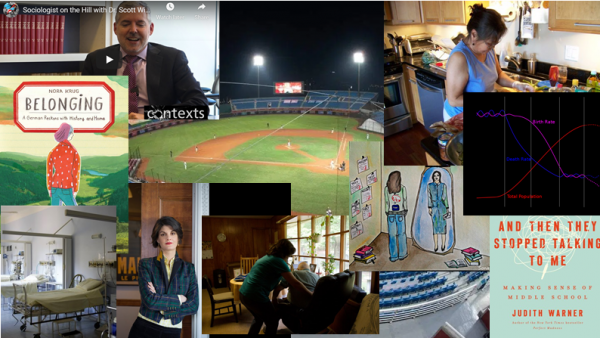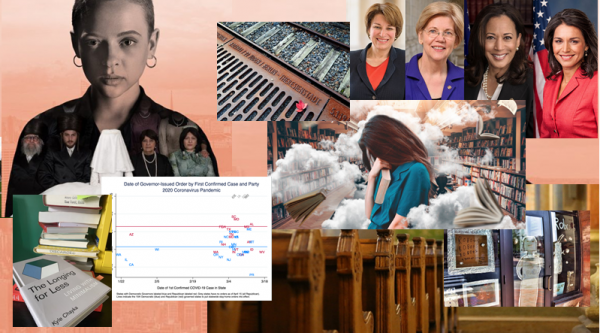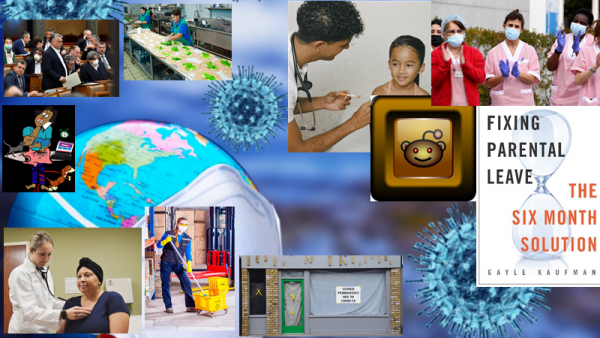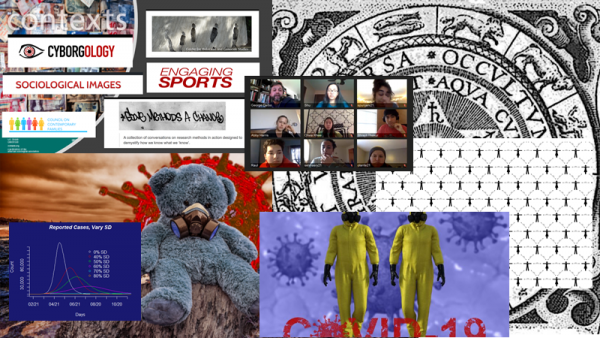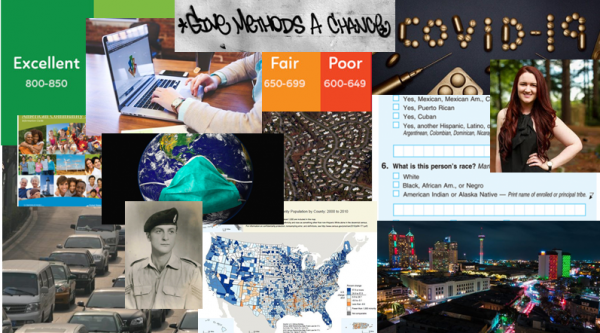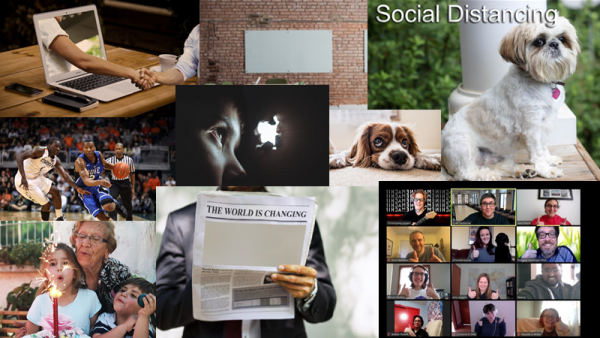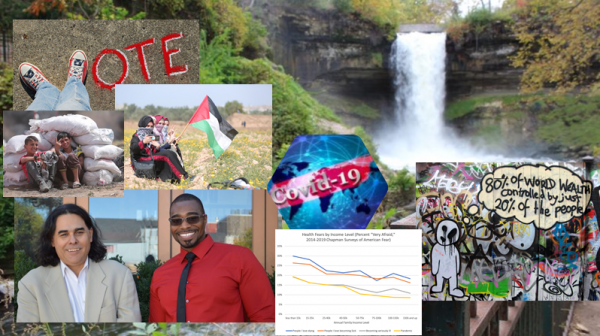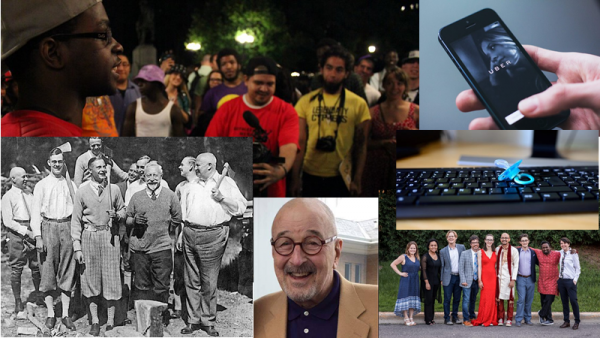
Happy Friday! This week, we feature a guest post on the UFC; a reflection on TSP, community, and belonging; and new research on hip hop. We also share sociological accounts of Covid caretaking and the illusion-destroying power of the pandemic.
Features:
In “Refusing to Throw in the Towel,” Kyle Green and Nancy Kidder examine the story of the UFC’s decision to resume fighting and what it reveals about the social pressures sporting organizations face in returning to action.
The Editors’ Desk:
In “Ode to TSP,” graduate editor Allison Nobles shares a heartfelt reflection on her time at the helm of The Society Pages.
Discoveries:
“Emcees and Communities, Black Placemaking as Artist-Shaping” by Neeraj Rajasekar. We bring you new research exploring how hip hop artists build community resilience and solidarity as they bring their artistic visions to life.
From Our Partners:
Council on Contemporary Families:
“Connecting Crises of Carework in the Era of Coronavirus” by Amber Crowell and Jennifer Randles.
From Our Community Pages:
Center for Holocaust and Genocide Studies discusses connections between Wilhelm II’s Germany and Trump’s USA.
A Backstage Sociologist explores how the pandemic serves to remind us of the human condition.

